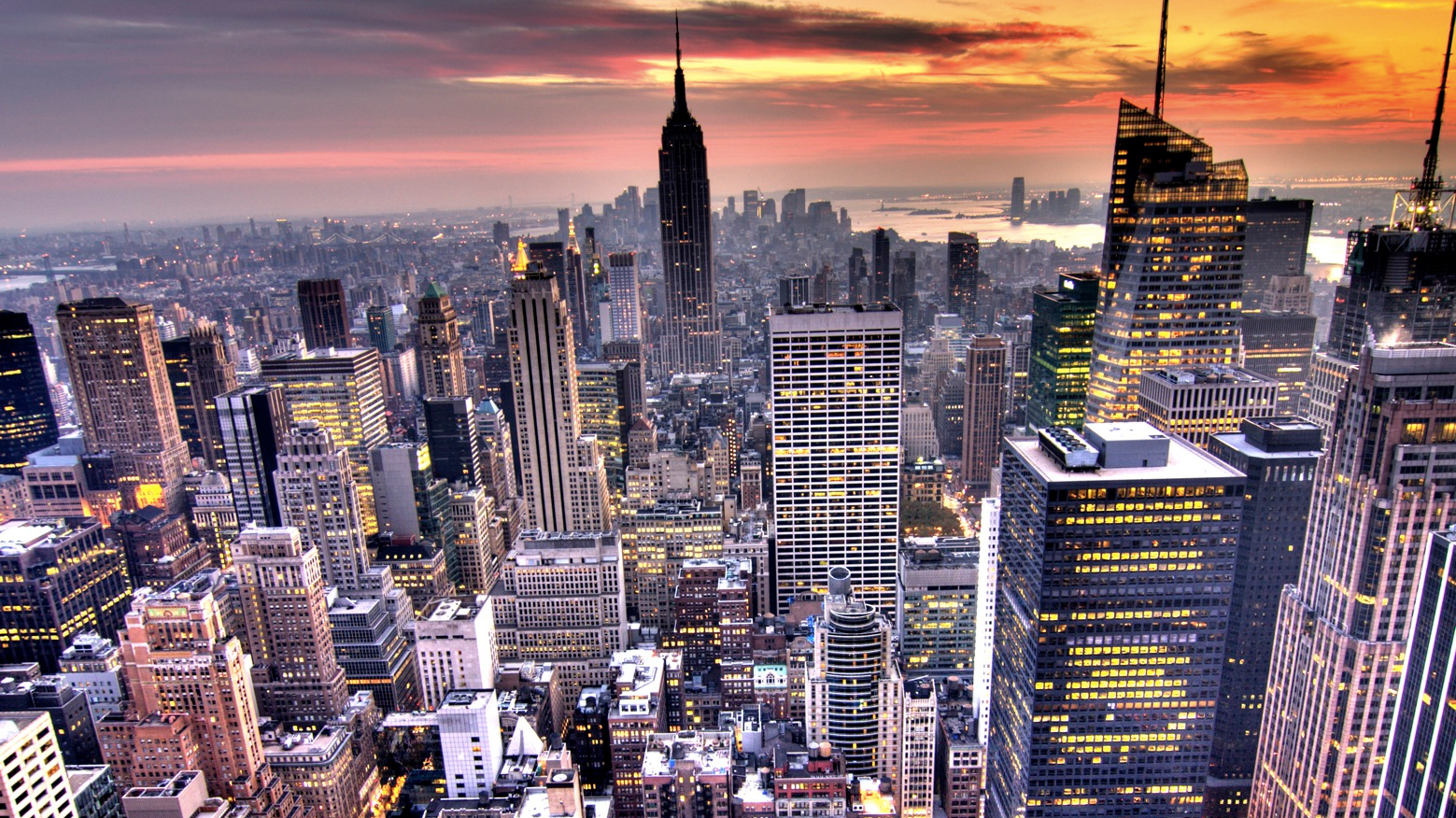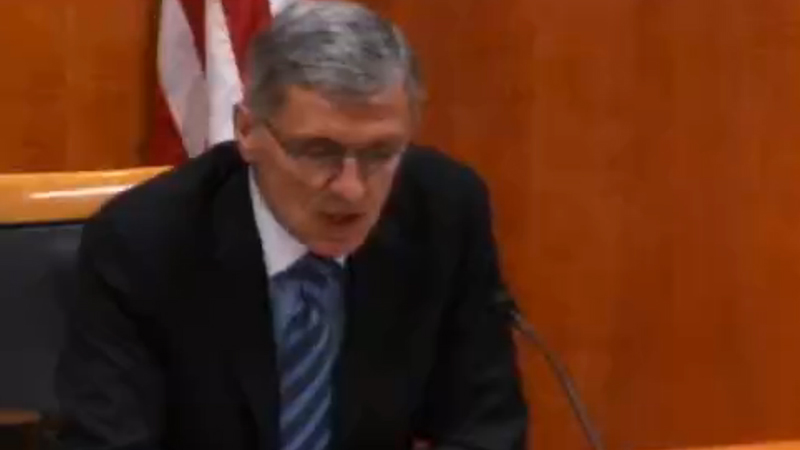Some things, you can measure centrally. Some, you can survey with a sample group. But sometimes, what you really need is a giant crowdsourced effort — and that’s what New York Attorney General Eric Schneiderman is asking Empire State residents to help with. [More]
broadband speeds

FCC: Cable Internet Really Is Getting Better But It Still Sucks To Have DSL
The FCC has released its latest Measuring Broadband America report, which — among other things — tells consumers if internet providers are indeed living up to the super-fast speeds they advertise. And while the industry is getting better at both delivering and marketing cable broadband, Americans who rely on satellite or DSL internet access are having difficulty catching up.
[More]

Comcast User’s Bot Tweets At Comcast Whenever His Internet Speed Gets Too Slow
Just because you pay for a certain internet speed doesn’t mean you get it all the time. That’s just a sad fact of life: those speeds are an “up to” promise, not a “minimum guarantee” promise. But just how often is a lapse below a certain threshold acceptable? And given that internet speeds are variable, how would you make sure your provider knows? [More]
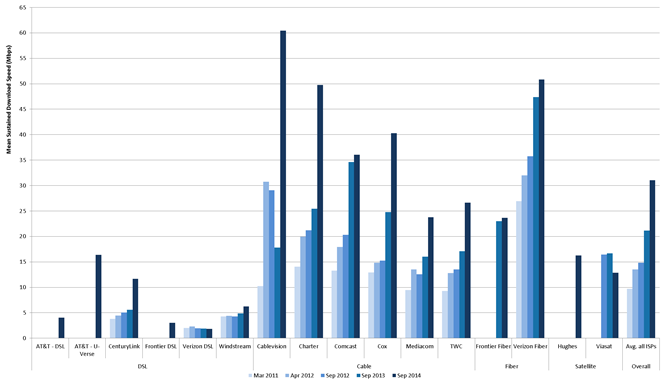
FCC: Cable Internet Is Getting Faster, But DSL & Satellite Still Likely To Miss The Mark
The FCC’s job — well, one of the FCC’s jobs — is to make sure that everyone has access to decent broadband connections. You can’t understand what you can’t measure, though, so as part of that, the commission has to measure just how broadband is holding up. They issue a report, called Measuring Broadband America, roughly once a year to share their findings. The new one, the fifth, has just been released and while there’s still a lot of room for improvement, on the whole it seems to be a high note on which to end the year. [More]
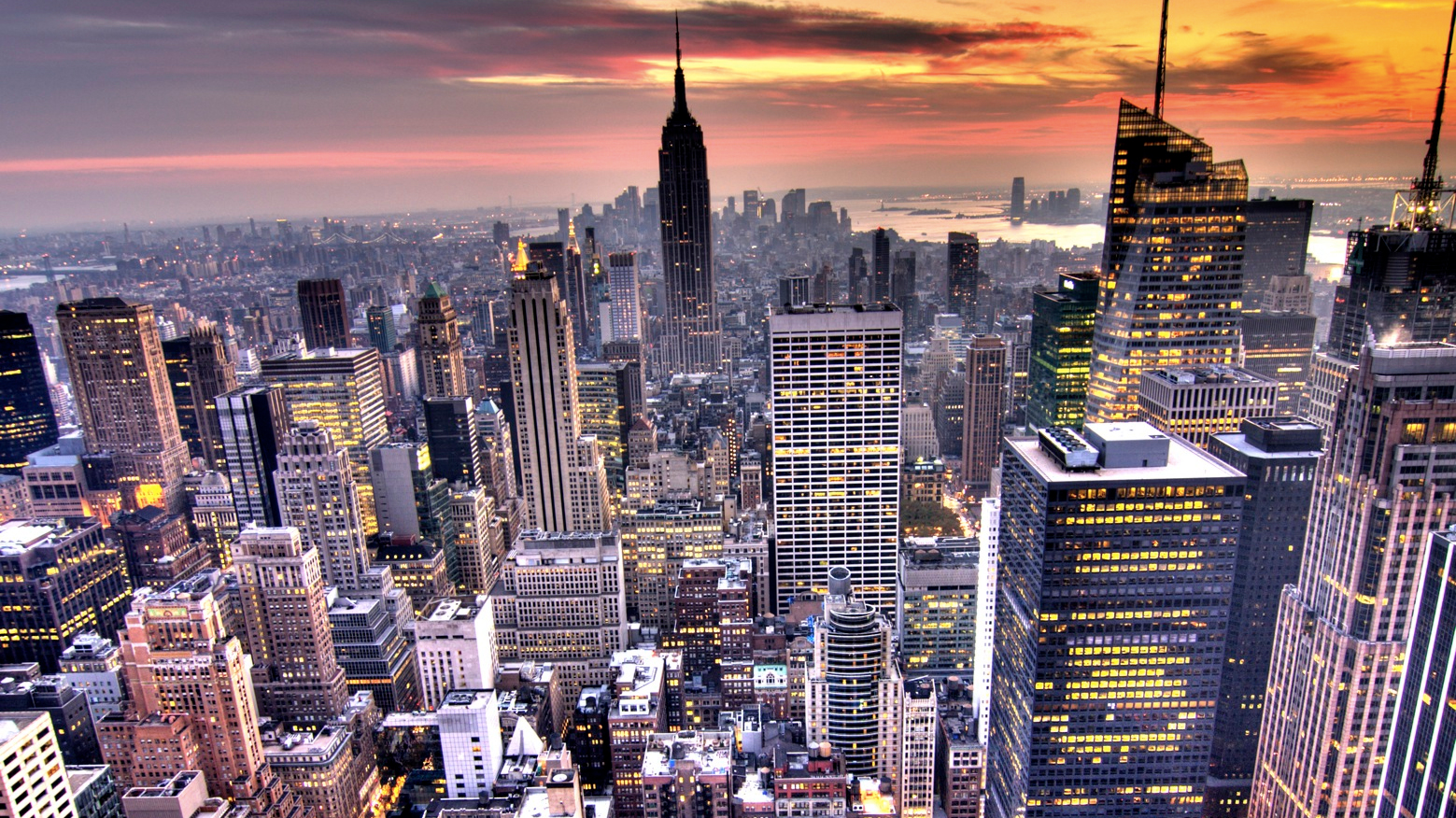
State Attorney General Wants To Know If New Yorkers Are Actually Getting The Broadband They Pay For
It’s a pretty basic tenet of American commerce: if someone advertises something to you at a certain price, they actually have to provide you that thing at that price. Like, for example, a broadband internet connection: if a company like Verizon, Cablevision, or Time Warner Cable says it will give you a connection of a certain speed, it’s supposed to make good. But in one sate, the top legal office thinks the ISPs may not be making good on their claims, and wants to know what’s up. [More]

AT&T and Verizon: Your Home Network Doesn’t Actually Need To Be As Fast As Your Phone
The FCC has been all about broadband this year. In the mix with net neutrality and the Comcast/TWC merger, they’re also taking on the dearth of broadband competition consumers face and even thinking about redefining the meaning of the term to a higher minimum network speed. But AT&T and Verizon aren’t having it: according to comments they’ve filed with the FCC, a wired network connection too slow for a solid Netflix connection, and slower than the 4G your phone uses, should be perfectly satisfactory for a bandwidth-hungry nation. [More]
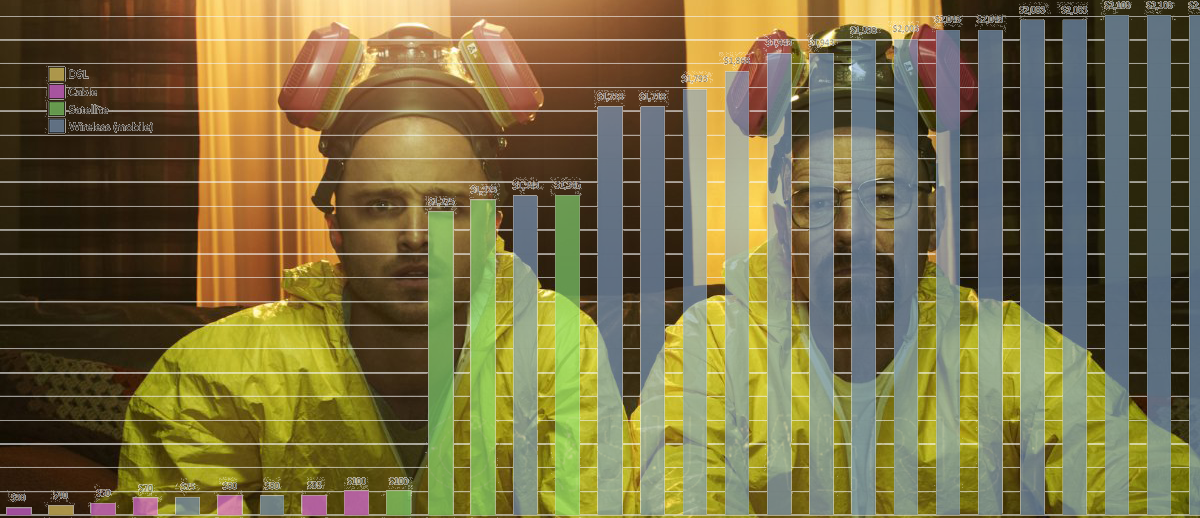
Comcast Says that Mobile Data is Competitive, but it Costs $2k to Stream ‘Breaking Bad’ Over LTE
Comcast keeps on claiming that mobile broadband is real competition for wired home broadband. But for most users, it’s just plain not. Not only is the speed and reliability of mobile broadband still hugely variable depending on location and time of day, but also mobile data is still clearly not competitive on price. [More]
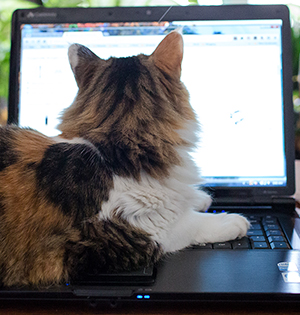
FCC May Redefine “High Speed” Internet To Mean Actual High Speeds
When we say “broadband internet,” we think that means “fast connections.” But as far as the actual regulations are concerned, that’s not necessarily true. To the FCC, “broadband” means anything with download speeds higher than 3 Mbps. Sure, that’s literally a hundred times faster than a 1993 dial-up connection — but as we move more and more into an all-online, all-streaming future, it’s just not enough. And so the FCC is considering changing the definition to match reality. [More]
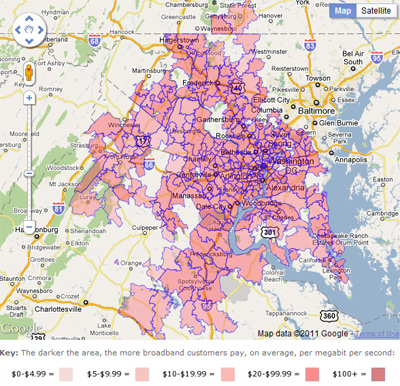
Rich DC Burbs Pay $9.58, Rurals Pay $31.17/Mbps
The rich get richer while the poor get…slower? A new report by investigative journalist John Dunbar cracks open the numbers that are tightly held by the industry and found vast disparities in the quality and price of service based on how close to town. By comparing customer speed tests and surveys, he found that while folks in the low-income areas outside of the Washington Metropolitan Area pay slightly less for their broadband, those in the wealthier DC burbs are getting far more bandwidth for their buck. The poor are paying on average $31.17/Mbps while the rich are paying only $9.58. [More]


